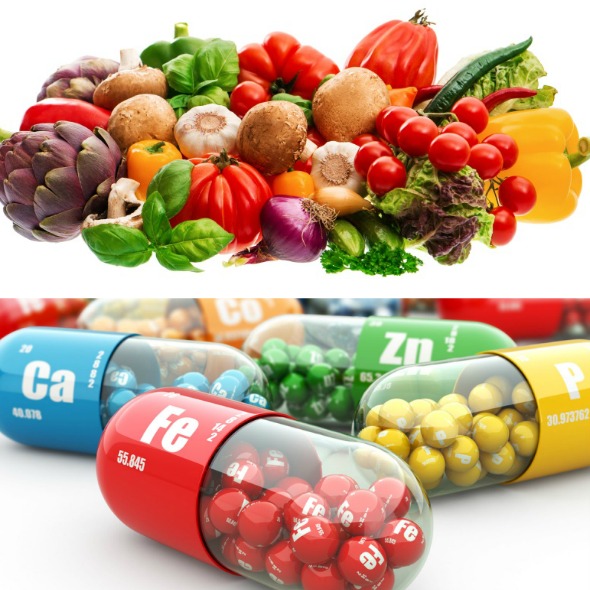Your overall well-being greatly depends on the health of your gut. A well-functioning colon ensures efficient digestion, optimal nutrient absorption, and effective waste elimination.
Unfortunately, the modern lifestyles and dietary habits often disrupt the balance in our gut. When that happens, all sorts of health problems follow because your body doesn’t get the nutrition it needs. That’s why, taking care of your gut is incredibly important to maintain a healthy lifestyle.
By taking the right steps, however, you can boost your gut health and keep your colon happy. Here are six valuable tips to get you started.
Embrace Fiber-Rich Foods
Supporting your colon health begins with consuming an ample amount of dietary fiber.
Fiber adds bulk to your stool, promoting smooth movement through your digestive system. Additionally, it acts as nourishment for the beneficial bacteria in your gut, encouraging their growth. Make sure to incorporate fiber-rich foods such as whole grains, fruits, vegetables, and legumes into your daily diet. Aim for a minimum of 25-30 grams of fiber per day.
Stay Properly Hydrated
Maintaining proper hydration is crucial for a healthy colon.
Insufficient water intake can lead to hard stools and difficulty in passing waste, resulting in constipation. Make it a habit to drink an adequate amount of water throughout the day. Herbal teas and infused water can provide refreshing alternatives. Remember, staying hydrated not only benefits your gut but also contributes to your overall well-being.
Get Active
Regular physical activity works wonders for your gut health.
Exercise helps stimulate the muscles in your intestines, facilitating regular bowel movements. Furthermore, it reduces the risk of colon-related issues like constipation and diverticulosis. Discover physical activities that you genuinely enjoy, whether it’s walking, dancing, or playing a sport. Aim for at least 30 minutes of moderate-intensity exercise most days of the week.
Embrace Colonoscopies
Regular screenings, including colonoscopies, are crucial for maintaining a healthy colon and preventing colon cancer.
An open access colonoscopy allows you to schedule a screening without the need for a prior consultation with a gastroenterologist. This convenient option enables you to prioritize your colon health more easily. Consult your healthcare provider regarding the recommended screening intervals based on your age and family history.
Boost Probiotics and Prebiotics
Probiotics are beneficial bacteria that can improve your gut health when consumed in adequate amounts.
You can find probiotics in fermented foods such as yogurt, kefir, sauerkraut, and kimchi. On the other hand, prebiotics are types of fiber that nourish the beneficial bacteria in your gut. Foods like garlic, onions, bananas, and asparagus are rich in prebiotics. Including both probiotics and prebiotics in your diet helps maintain a healthy balance of gut bacteria.
Reduce Stress Levels
Surprisingly, stress can negatively impact your gut health.
When you’re under stress, your body releases hormones that can affect your digestion and even alter the composition of your gut microbiome. Discover healthy methods to manage stress, such as practicing yoga, meditation, deep breathing exercises, or engaging in enjoyable hobbies. Taking care of your mental well-being can have a positive ripple effect on your gut.





